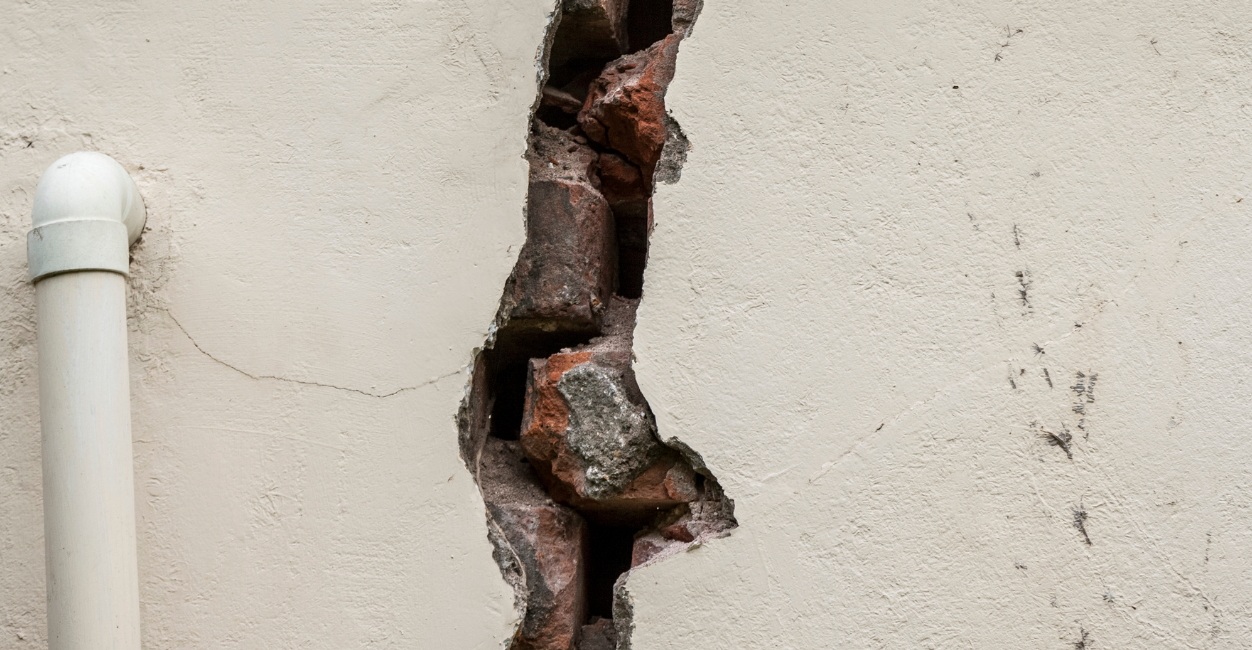
What is considered Structural Damage:?
Damage or impairment that affects a building or structure’s basic structure and stability is referred to as property structural damage. Numerous things can lead to structural damage, which jeopardizes the property’s integrity, safety, and usability. Typical forms of structural damage to property include:
Foundation Issues: Damage to the foundation, such as cracks, settlement, or heaving, can lead to instability and affect the entire structure.
Wall Damage: Cracks, bowing, or leaning of exterior or interior walls can indicate structural issues.
Roof Damage: Structural problems with the roof, including sagging, missing or damaged roofing materials, or compromised support structures.
Floor Damage: Issues affecting the structural integrity of floors, such as sagging, unevenness, or damage to support beams.
Column or beam damage: damage to vertical or horizontal structural components that provide support to the building.
Structural Framing Issues: problems with the framing system, such as damage to load-bearing walls, trusses, or other structural elements.
Concrete Damage: Cracks, spalling, or deterioration of concrete components, including foundations, walls, and slabs.
Termite or Pest Damage: Infestations of termites or other pests can compromise the structural integrity of wood components in the building.
Water Damage: Prolonged exposure to water, whether due to leaks, flooding, or other water-related issues, can lead to structural damage by weakening materials and promoting decay.
Earthquake Damage: In seismic-prone areas, earthquakes can cause structural damage, including shifting of the foundation, cracks in walls, and damage to structural connections.
Fire Damage: Structural damage resulting from a fire can weaken or compromise building materials.
Resolving structural damage is essential to preserving a property’s stability and safety. To determine the degree of the damage and carry out the necessary repairs, structural engineers, contractors, or other specialists are sometimes called upon for their expertise. Ensuring the long-term stability and safety of the property requires the prompt diagnosis and treatment of structural concerns to stop future deterioration. It is imperative that property owners give structural damage assessment and repair first priority because it is a severe worry.
Learn more about our attorneys:
https://cwilsonlaw.com/meet-the-team-chad-t-wilson-law-firm-pllc-insurance-attorney/
Follow us on Social media:
https://beacons.ai/chadtwilsonlaw
Contact our Chad T. Wilson Law Firm Office Locations to Schedule a free Consultation.
Chad T. Wilson is an attorney whose firm specializes in property insurance disputes.
« Back to Glossary Index


